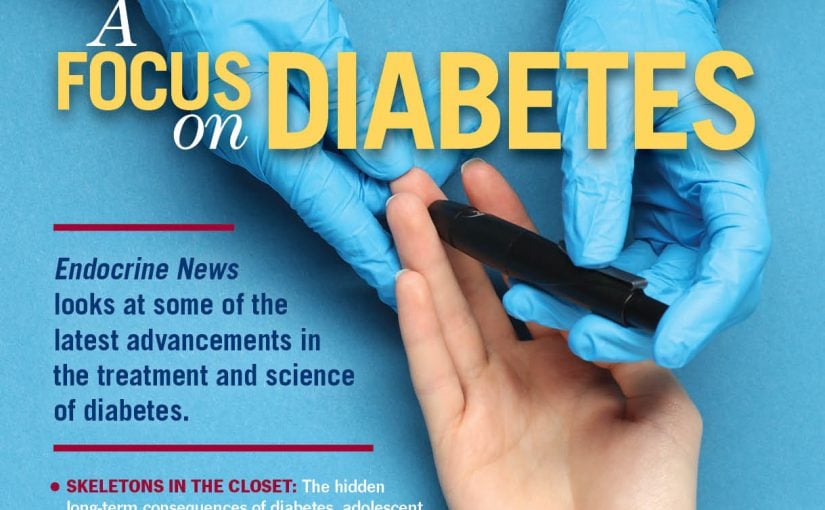Babies Exposed to Cannabis in the Womb May Be at Risk for Obesity, High Blood sugar
Both CBD and THC put children at risk despite CBD being marketed as having health benefits. Cannabis use among pregnant women is on the rise and may be associated with negative health outcomes in children, according to a new study published in the Endocrine Society’s Journal of Clinical Endocrinology and Metabolism. A 2016 study in...
Shock to the System: Pediatric Type 1 Diabetes Patients and Trauma
A new study seems to suggest that while trauma and post-traumatic stress syndrome are common in kids with type 1 diabetes, they have little to no impact on their diabetes self-management. However surprising this finding may be to researchers, it further stresses the need for multidisciplinary teams to care for these patients. Children suffering traumatic...
In November, the European Medicine Agency’s Committee for Medicinal Products for Human Use (CHMP) adopted a positive opinion recommending the granting of a marketing authorization for Ascendis Pharma’s lonapegsomatropin (TransCon hGH), a long-acting once-weekly, transiently pegylated somatropin that in the body releases somatropin, indicated for growth failure in children and adolescents aged from 3 years...
Rapid uptake of long-acting growth hormones (GH) is set to shake up the growth hormone deficiency (GHD) space in the three major markets (3MM): the US, Germany, and Japan. These therapies are projected to capture more than 90% of market share in this region by 2030 due to their potential to improve patient convenience and...
 During insulin’s first century, treatments and resources for people with diabetes have steadily progressed. So, too, have relationships between the patient and the provider. A recent Endocrine Society-hosted roundtable highlighted this vital connection and how it has evolved through the decades. Leonard Thompson was 14 years old in 1922, and he was dying of type...
During insulin’s first century, treatments and resources for people with diabetes have steadily progressed. So, too, have relationships between the patient and the provider. A recent Endocrine Society-hosted roundtable highlighted this vital connection and how it has evolved through the decades. Leonard Thompson was 14 years old in 1922, and he was dying of type...New App Helps Parents Identify Treatable Childhood Growth Disorders Earlier
A mobile phone app can place the accurate measurement of children’s height in the hands of parents and caregivers. Preliminary data presented at the Society for Endocrinology annual conference in Edinburgh suggests that the app could reliably identify treatable growth disorders much earlier, with significant improvements in child health. Childhood growth is a strong indicator...
Baseline IGF-1 and Stimulated GH Can Predict Pediatric GHD Severity, Response to Treatment
Baseline insulin-like growth factor-1 (IGF-1) and stimulated peak growth hormone response can serve as predictors for how severe growth hormone deficiency is in pediatric patients as well as how these patients will respond to different treatments, according to a study recently published in the Journal of the Endocrine Society. Researchers led by Michael O. Thorner,...
The investigational long-acting, once-weekly prodrug lonapegsomatropin (TransCon hGH) may be more beneficial to treatment-naïve pediatric patients with growth hormone deficiency (GHD) than daily somatropin of equivalent weekly dose, according to a paper recently published in The Journal of Clinical Endocrinology & Metabolism. Researchers led by Aimee D. Shu, MD, of Ascendis Pharma (who funded the...

